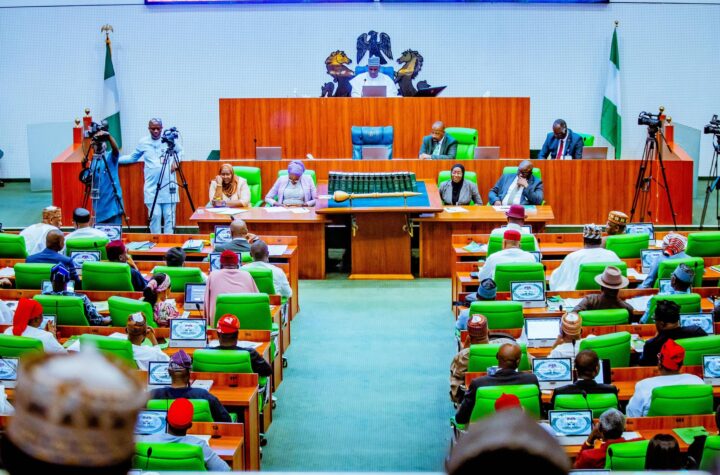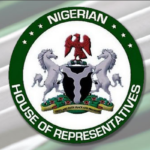By Mercy Aikoye
The Speaker of the House of Representatives, Hon Tajudeen Abbas, has assured Nigerians that their interests will be carefully balanced with the need to drive revenue for the country. Speaking at a public hearing on tax reform bills, Abbas stressed the importance of ensuring taxation remains fair, transparent, and justifiable.
Abbas emphasized that while tax reforms are necessary to boost government revenue, they must not place excessive burdens on individuals and businesses. He reaffirmed that the House would conduct a thorough review of the bills to align them with the best interests of Nigerians.
Chairman of the House Committee on Finance, Hon. James Faleke, underscored the urgency of revamping Nigeria’s tax system to reflect contemporary global economic realities. The tax reform bills under consideration include the Nigeria Tax Bill, the Nigeria Tax Administration Bill, the Nigeria Revenue Service Establishment Bill, and the Joint Revenue Board Establishment Bill.
These legislative proposals are key to expanding Nigeria’s tax base, improving compliance, and creating sustainable revenue streams for national development. Abbas acknowledged the intense debate surrounding the proposed tax reforms, emphasizing that such engagements are necessary for strengthening Nigeria’s democratic processes.
The public hearing is an opportunity for robust discussions and stakeholder contributions, allowing lawmakers to refine the bills and ensure compatibility with the 1999 Constitution and other existing laws. The legislative journey leading to the public hearing involved multiple consultations, including a pre-legislative hearing and further consultations with state governors and constituents.
Abbas highlighted that the 10th House of Representatives identified tax reform as a key priority due to its fundamental role in achieving sustainable economic growth and development. He noted that Nigeria, despite being Africa’s largest economy, has a tax-to-GDP ratio of just 6%, far below the global average and the World Bank’s recommended minimum of 15% for sustainable development.
Faleke explained that the bill seeks to repeal outdated tax laws, including the Companies Income Tax Act (CITA) 1979 and the Value Added Tax Act (VAT) 1993, which have undergone multiple amendments but remain inadequate for today’s economic landscape.
The Fiscal Policy and Tax Reform Committee, inaugurated by the President, worked rigorously to craft the proposed reforms. Faleke revealed that despite being Africa’s largest economy, Nigeria’s tax-to-GDP ratio remains one of the lowest on the continent, with only 35 million Nigerians paying tax and just 9% of registered companies within the tax net.
The total tax revenue collected by the Federal, State, and Local Governments in 2023 amounted to N26.03 trillion. However, expert estimates suggest that Nigeria requires $3 trillion over the next 30 years to bridge its infrastructure deficit.
Faleke described the four tax bills as a transformative step toward creating a modern, efficient, and effective tax system for Nigeria. By streamlining tax laws, improving administration, and enhancing revenue collection, these reforms aim to promote sustainable economic growth while ensuring every taxpayer contributes their fair share.
The public hearing provides a platform for stakeholders to deliberate and propose necessary amendments to ensure the reforms achieve their intended objectives. Faleke called on stakeholders to provide constructive feedback, emphasizing that this is an opportunity to shape Nigeria’s tax system for the future.
Ultimately, the tax reform bills offer a once-in-a-lifetime opportunity to create a sustainable and efficient tax system for Nigeria. As Faleke concluded, “We must seize this moment to make the process robust, inclusive, and credible.”



